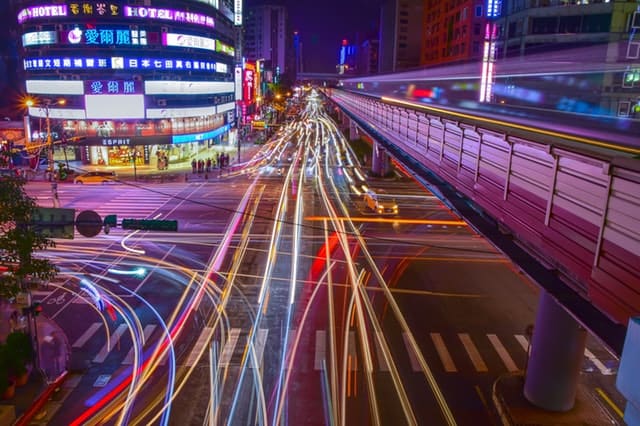Smart city traffic technology used to ease chronic congestion in cities will generate $4.4 billion in revenue in 2023, up from $2 billion in 2019, according to Juniper Research.
Technology-driven solutions consist of sensors used in combination with machine learning software algorithms to facilitate urban traffic.
According to research from Juniper, North America, the Far East and China are major investment regions for smart traffic solutions, given the policy-driven decisions being introduced to lower traffic congestions.
However, in terms of policy and investment direction, technology impact, and traffic management impact on city air quality, Barcelona leads in traffic innovation impact.
The Spanish capital is followed by San Francisco, Singapore, London, and Portland.
“Juniper found that Barcelona leads the rankings on account of its investment into smart traffic solutions, electric vehicle charging infrastructure and policy, aimed at improving air quality and lowering private vehicle use,” Juniper said in a news release.
“While San Francisco shows strong policy and innovation, the lack of regulation in regard to ride-hailing services has damaged its overall performance,” it added.
Juniper’s research found that while ride-hailing services are widely blamed for increased congestion, these same companies have an opportunity to capitalize on the road towards future MaaS (Mobility-as-Service) deployments.
“Entities such as Didi capture vast amounts of data in regard to congestion, traffic and passenger flows,” explained research author Steffen Sorrell. “Analysis of this data will be fundamentally useful in optimizing the MaaS traveling salesman problem, and provides an opportunity for smart city data monetization.”



